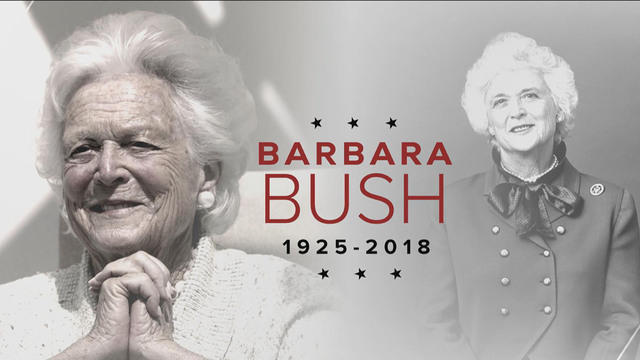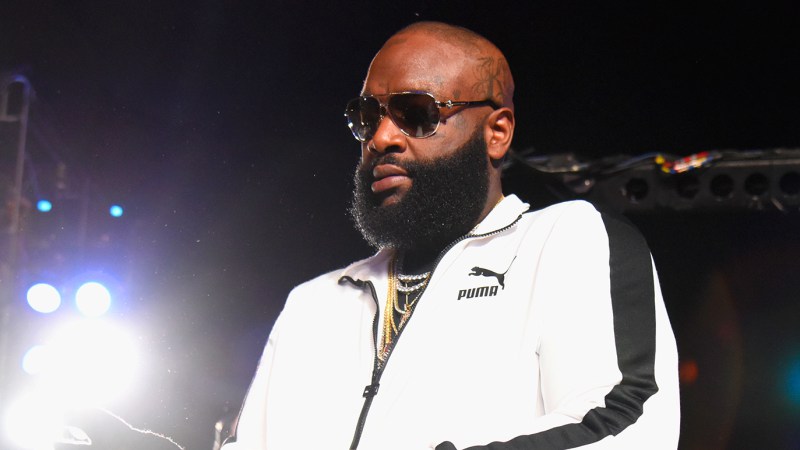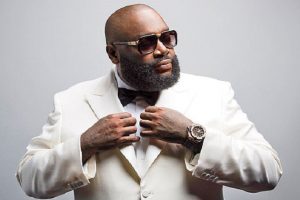MINNEAPOLIS — After Prince had to be revived from a drug overdose a week before his death, one friend told the musical superstar that he needed to stop taking painkillers. But Prince said he couldn’t — his hands hurt so much that if he quit, he’d have to stop performing.
“This piano tour I think was getting to his hands,” singer Judith Hill told investigators, according to a transcript of her interview.
Those words, found amid hundreds of pages of interviews between investigators and Prince’s closest confidants, provide insight into just how much the man known for his energetic performances and larger-than-life personality was suffering. The documents open parts of Prince’s life that the intensely-private celebrity tried to keep from even his closest confidants.
 “How did he hide this so well?” Prince’s closest friend and bodyguard Kirk Johnson said in an interview with detectives. While Johnson said he didn’t realize that opioids were a problem until that overdose, he had noticed Prince was unwell before that and took him to a doctor.
“How did he hide this so well?” Prince’s closest friend and bodyguard Kirk Johnson said in an interview with detectives. While Johnson said he didn’t realize that opioids were a problem until that overdose, he had noticed Prince was unwell before that and took him to a doctor.
In their zeal to protect Prince’s privacy, Carver County Attorney Mark Metz said some of the singer’s friends might have enabled him.
Prince was 57 when he was found alone and unresponsive in an elevator at his Paisley Park studio compound in suburban Minneapolis on April 21, 2016. An autopsy found he died of an accidental overdose of fentanyl, a synthetic opioid 50 times more powerful than heroin. Authorities say it is likely Prince didn’t know he was taking the dangerous drug, which was laced in counterfeit pills made to look like a generic version of the painkiller Vicodin.
The source of those pills is unknown and no one has been charged in Prince’s death.
















